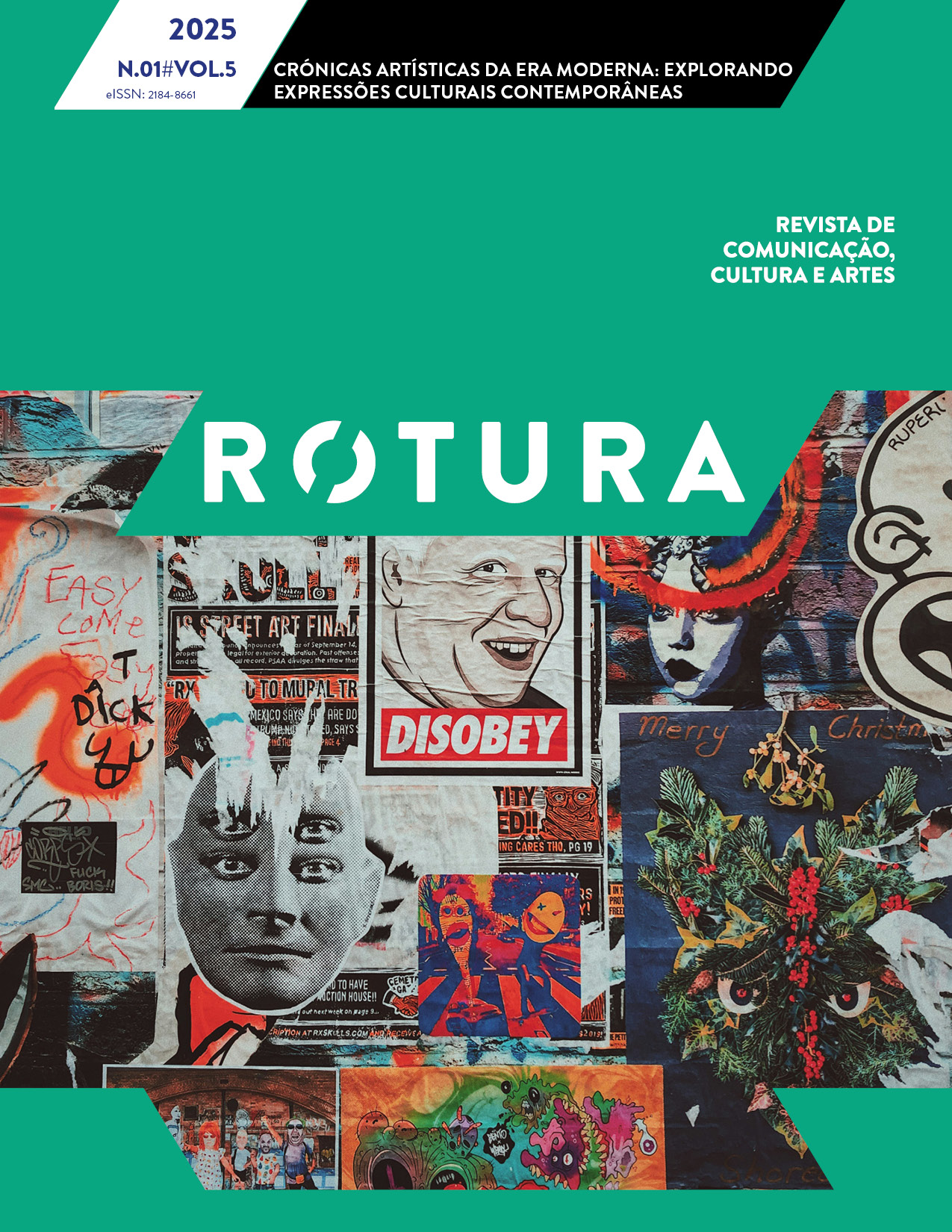Problems of Interaction of Language and Culture in the Context of Intercultural Communication
Resumo
The relevance of the issues presented in the work is due to the serious activation of the processes of intercultural communication as a dialogue of cultures. This is mainly due to the global, very rapid process of globalisation by the standards of human history, but also to the problems, challenges and questions that have been raised in the public debate since several countries gained their independence, particularly in the last century. The research examines the interaction between language and culture in intercultural communication, focusing on the formation of a multilingual community in Kazakhstan. The research employs theoretical methods, including inductive, deductive, axiomatic, and comparative approaches, to address the central problem. This paper describes the problems of interaction between language and culture in the context of intercultural communication as a dialogue of cultures, using the multilingual environment of Kazakhstan as an example. Key findings include the identification of language as the primary communicative function of humanity, the exploration of linguistic functions beyond communication such as conceptual and accumulative, and the analysis of the relationship between language use and the structure of human consciousness. Furthermore, the study discusses the role of culturally marked individual units in communicative processes, the historical background embedded in linguistic units, and the impact of language on identifying civilizational groupings. The research also provides a detailed account of linguoculturology as a new interdisciplinary field and highlights Kazakhstan as a successful case of intercultural dialogue. The materials of this article can be useful to philologists, philosophers, cultural scientists, political scientists, university teachers, and students, as well as to a wide range of interested readers.
Downloads
Direitos de Autor (c) 2025 Aliya K. Zhetpisbay, Gulzira K. Kenzhetayeva, Galina Kh. Demessinova, Nurkesh Z. Zhumanbekova, Anara Sh. Zhumasheva

This work is licensed under a Creative Commons Attribution-NonCommercial-NoDerivatives 4.0 International License.
Artigo aceite em 2025-01-31
Artigo publicado em 2025-02-27


















